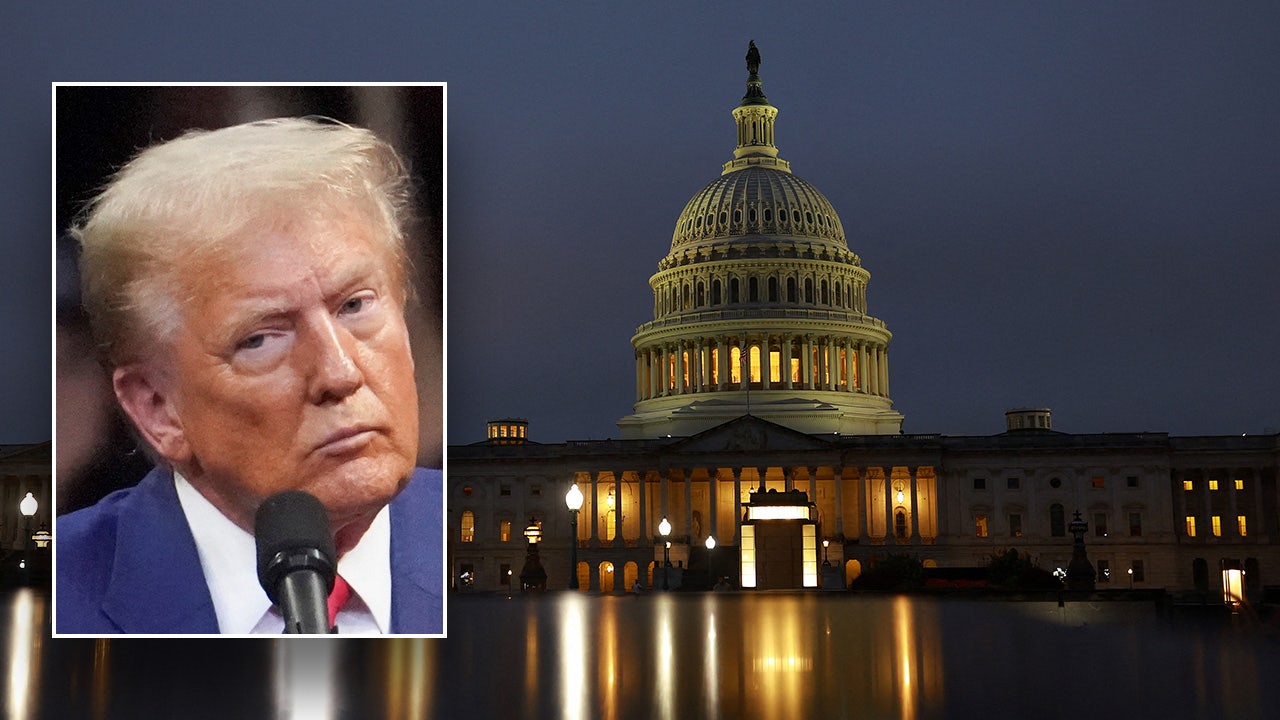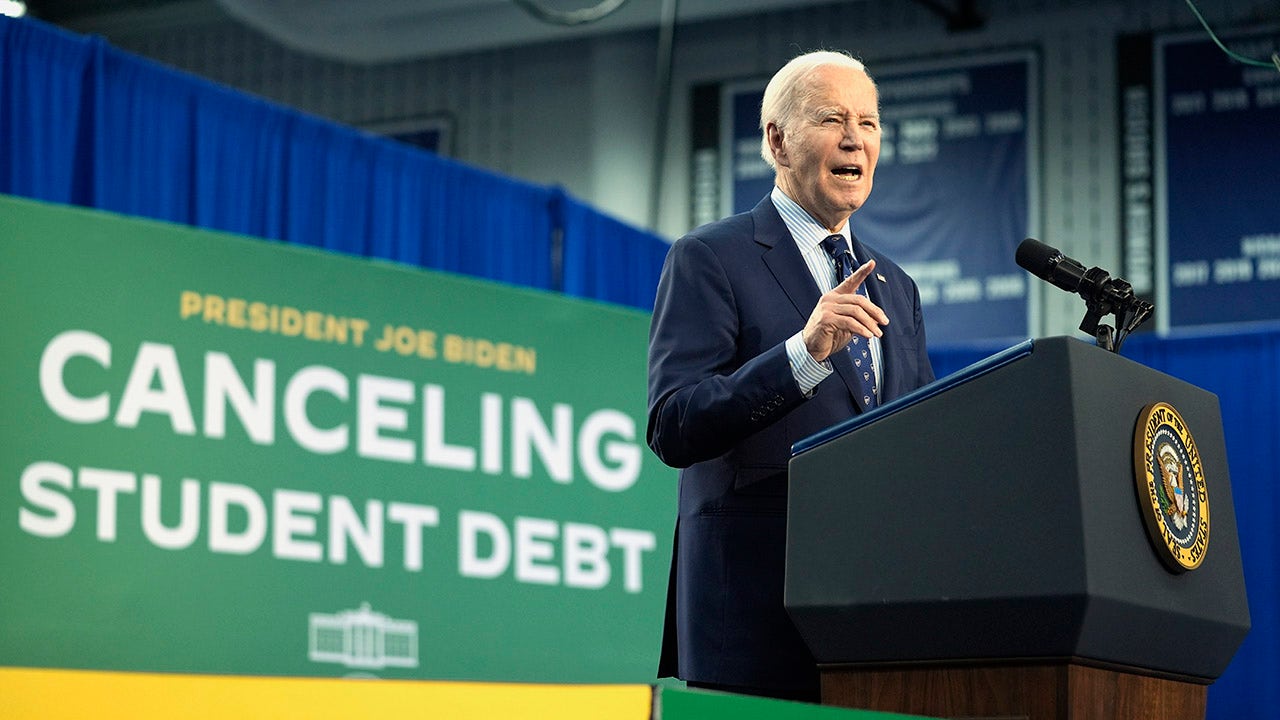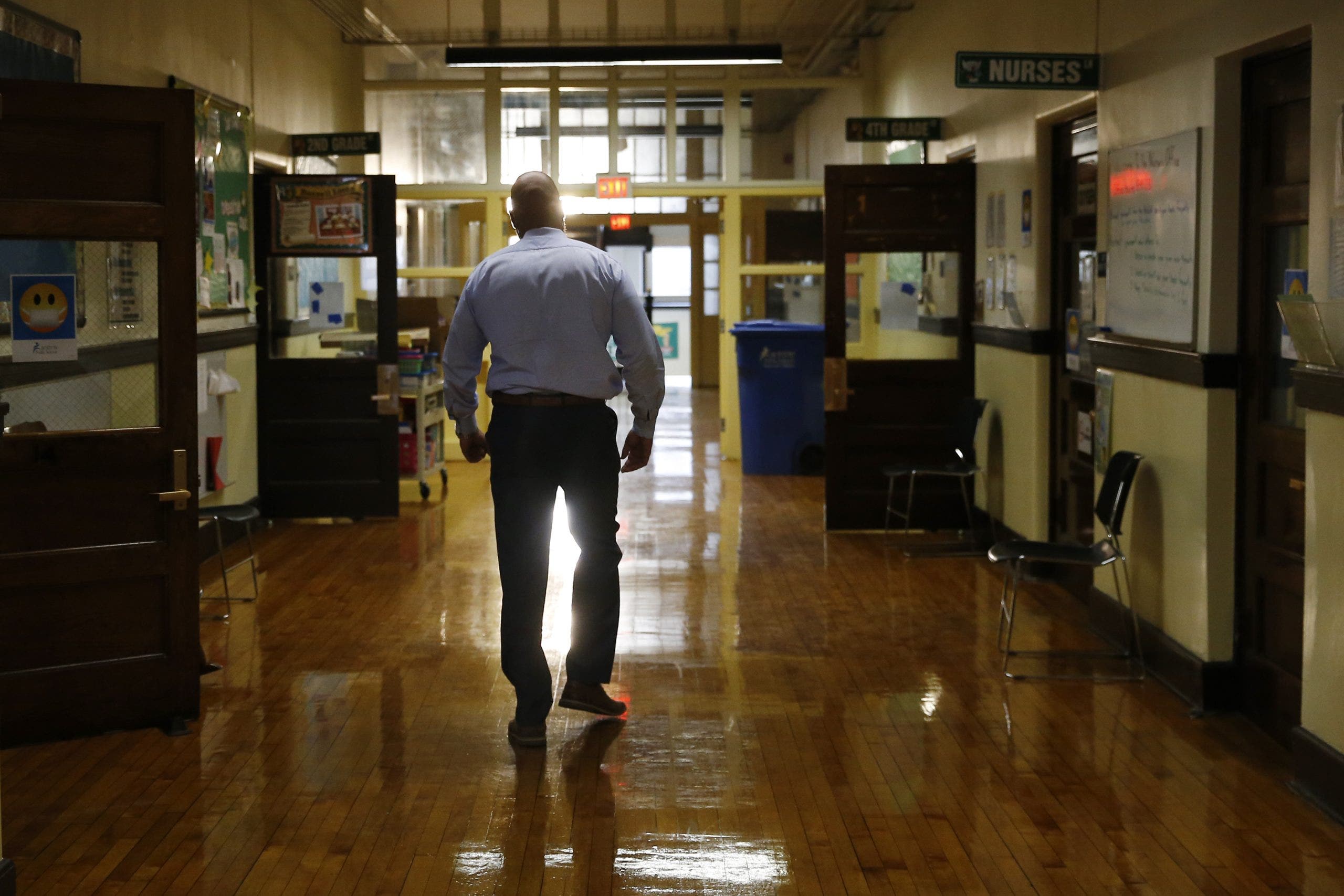The Senate Democratic campaign arm is making its first multimillion dollar TV investments in Texas and Florida – two GOP-held seats that represent the party’s best opportunities to mitigate any losses in red states and closely contested battlegrounds.
The new spending from the Democratic Senatorial Campaign Committee, shared first with CNN, will supplement spending by the Democratic nominees challenging Republican Sens. Ted Cruz of Texas and Rick Scott of Florida, with additional TV investments likely to come, according to the committee.
“Senate Democrats are expanding the map and going on offense. All cycle long the DSCC has been preparing to take advantage of Sens. Cruz and Scott’s damaged standings in their states – and now our efforts in Texas and Florida are accelerating,” DSCC Chair Gary Peters said in a statement.
“Democrats have strong candidates running effective campaigns in both states, and as we escalate our communications against Sens. Cruz and Scott we will crystallize the case against them,” the Michigan Democrat added.
Democrats face a daunting Senate map this year – nine of the top 10 seats on CNN’s ranking of the seats most likely to flip are held by Democrats or independents who caucus with them. Assuming Republicans flip West Virginia, where Sen. Joe Manchin is not running for reelection, the GOP either needs to either win the White House or pick up one other seat to win the Senate majority.
Democrats are defending seats in Montana and Ohio – states former President Donald Trump twice won comfortably – and five seats in swing states that Trump narrowly lost in 2020, plus deep-blue Maryland, where Republicans are spending millions to boost former Gov. Larry Hogan.
And even though many Democratic incumbents have outpolled the top of the ticket, under both President Joe Biden and Vice President Kamala Harris, the party cannot afford to lose seats without making gains of its own – especially when someone like Montana Sen. Jon Tester would need to overperform Harris by double digits to win. Both Inside Elections with Nathan L. Gonzales and The Cook Political Report with Amy Walter recently shifted the Montana race, which had been a toss-up, toward Republicans.
That’s where Florida and Texas – which have been seen as relative long shots – come into play. The DSCC has already included those two states among the 10 receiving a $25 million investment in direct voter contact programs. The committee has also funded on-the-ground staff and digital ads in both states, which have hit the GOP incumbents over their opposition to the bipartisan border security bill earlier this year.
But the new TV spending represents a stepped-up effort to go after Cruz and Scott, which will likely be welcome news for the Democrats who want the national party to expand the map. But it could also spark criticism within the party for sinking precious funds into expensive states when so many Democratic incumbents need protection.
Of the two states, Texas – which is at No. 9 on CNN’s ranking of flippable Senate seats – has been seen as a more viable target. Taking on Cruz is Democratic Rep. Colin Allred, a former NFL player who flipped a Dallas-area House seat in 2018.
That same year, Cruz – a popular bogeyman on the left – won a second term by defeating Democrat Beto O’Rourke by less than 3 points. Allred’s campaign has outraised Cruz’s principal campaign committee for much of this cycle, although Cruz entered the current fundraising quarter with more money in the bank.
Democrats have spent more than $49 million on the Senate race in Texas this cycle, nearly all of it from the Allred campaign, while Republicans have spent nearly $18 million, according to data from AdImpact. Republicans have about $19 million booked here in future reservations, much of that from Cruz’s campaign, compared with about $2 million from Democrats, as of Wednesday.
A recent ad from Allred contrasts his background as a Baylor University football captain with Cruz’s record, arguing that “Ted Cruz only cares about Ted Cruz.” Allred’s campaign has also gone on offense on abortion – which is banned in the state – running digital ads attempting to tie Cruz to the state’s restrictions.
The most recent poll in Texas that meets CNN’s standards for reporting – from the Texas Politics Project at the University of Texas – showed Cruz leading Allred 44% to 36% among registered voters, a wider margin for the Republican than in some other public polling over the summer.
Democrats have not won a statewide election in Texas since 1994, though presidential nominees have been narrowing their margins in recent cycles – Barack Obama lost the state by 16 points in 2012, Hillary Clinton by 9 points four years later and Biden lost it by less than 6 points in 2020.
There’s more recent history of Democrats winning federal office in Florida, a longtime swing state that has grown increasingly red in recent cycles. Scott, a two-term Florida governor, unseated Democratic Sen. Bill Nelson in 2018 and faces Democratic former Rep. Debbie Mucarsel-Powell this year.
Scott, a former health care executive, has poured significant sums of his personal money into the race, but he’s never won an election by more than about a point – and Democrats argue that his recent opposition to Senate legislation protecting IVF and his proposal to sunset federal programs (later revised to exempt Medicare and Social Security) make him vulnerable. Mucarsel-Powell has highlighted her family’s emigration from Ecuador and argued in her advertising that Scott will “take away your freedoms.”
Democrats are also optimistic that an abortion measure on the Florida ballot this year could bolster enthusiasm for the party.
Democratic groups have so far spent nearly $7 million in Florida this cycle compared with Republicans’ nearly $16 million, according to data from AdImpact. The Mucarsel-Powell campaign has spent about $6.6 million of that total, with Scott’s campaign unleashing $12.6 million. Future reservations here were minimal as of Wednesday, with Democrats booking about $1.6 million and Republicans reserving $627,000.
There are no recent polls of the Senate race in Florida that meet CNN’s standards for reporting.
Trump’s margin in Florida has been narrower than in Texas, although it’s grown – from about 1 point in 2016 to 3 points in 2020. Democrats went on to lose the race for the state’s other Senate seat in 2022, however, by more than 16 points, when Val Demings fell to GOP Sen. Marco Rubio.
CNN’s David Wright contributed to this report.
Read the full article here


















